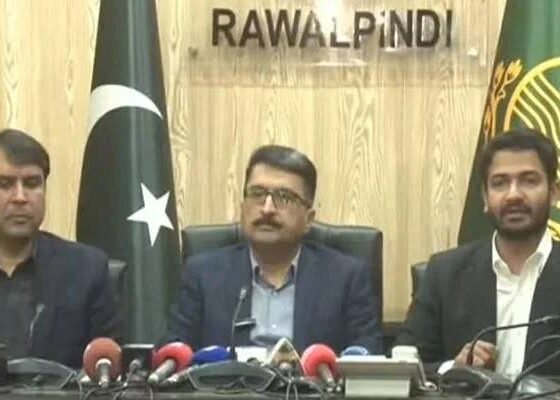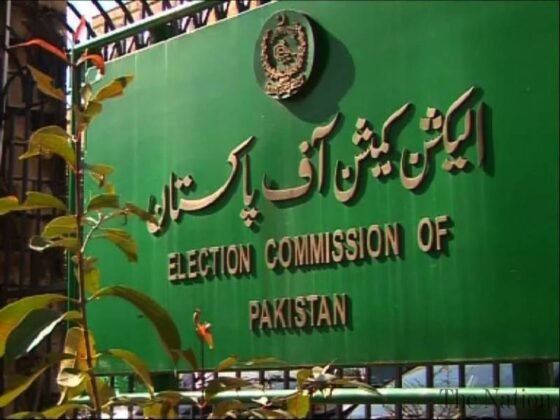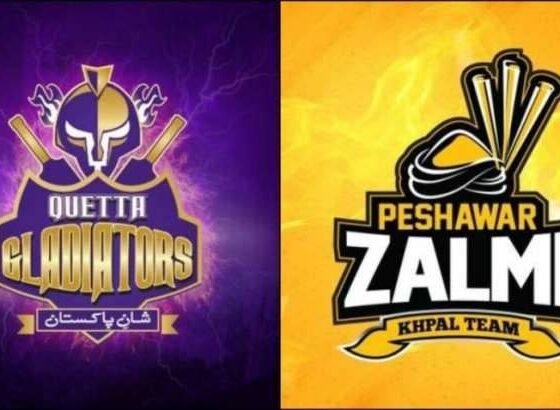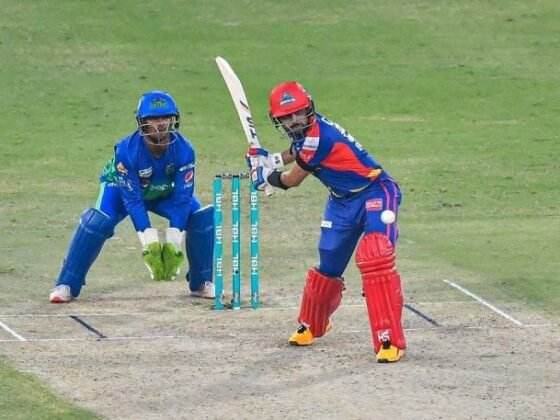Such work is seen as life-changing on this dusty southern area bordering India, the place sand dunes cowl estimated coal reserves of 175 billion tonnes and yellow dumper vehicles swarm like bees across the nation’s largest open-pit mine.
The imposing 60-tonne vehicles initially daunted Gulaban, 25, a housewife and mom of three from Thar’s Hindu group contained in the staunchly conservative and mainly-Muslim nation of 208 million folks.
“Originally I used to be a bit nervous however now it’s regular to drive this dumper,” stated Gulaban, clad in a pink saree, a standard material worn by Hindu girls throughout South Asia.
Gulaban – who hopes such jobs might help empower different girls going through grim employment prospects – is amongst 30 girls being educated to be truck drivers by Sindh Engro Coal Mining Firm (SECMC), a agency digging up low-grade coal underneath the rolling Thar sand dunes.
Gulaban has stolen the march on her fellow trainees as a result of she was the one lady who knew the way to drive a automotive earlier than coaching to be a truck driver. She is an inspiration to her fellow college students.
“If Gulaban can drive a dump truck then why not we? All we have to do is be taught and drive rapidly like her,” stated Ramu, 29, a mom of six, standing beside the 40-tonne truck.
Till lately, power specialists had been unsure that Pakistan’s considerable however poor-quality coal might be used to fireside up energy crops.
That view started to alter with new know-how and Chinese language funding as a part of the China-Pakistan Financial Hall (CPEC), a key department of Beijing’s Belt and Highway initiative to attach Asia with Europe and Africa.
Now coal, together with hydro and liquefied pure fuel, is on the coronary heart of Pakistan’s power plans.
SECMC, which has about 125 dump vehicles ferrying earth out of the pit mine, estimates it’s going to want 300-400 vehicles as soon as they burrow deep sufficient to achieve the coal.
Drivers can earn as much as 40,000 rupees ($380) a month.
Ladies aspiring to those jobs are overcoming cultural boundaries in a society the place girls are restricted to primarily working the fields and cooking and cleansing for the household. Solely this week in Saudi Arabia, an in depth ally of Pakistan, girls had been granted permission to drive for the primary time ever, ending a ban that was supported by conservative clerics however seen by rights activists as an emblem of suppression.
Gulaban’s husband, Harjilal, recalled how folks in Thar would taunt him when his “illiterate” spouse drove their small automotive.
“Once I sit within the passenger seat with my spouse driving, folks used to chuckle at me,” stated Harjilal, who like most people locally solely has one identify.
However Gulaban, in search of to throw stereotypes out of the window, is barely targeted on the alternatives forward.
“As I can see our different feminine trainees getting paid and their life is altering,” Gulaban added. “I hope…for a greater future.”










